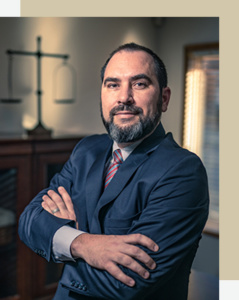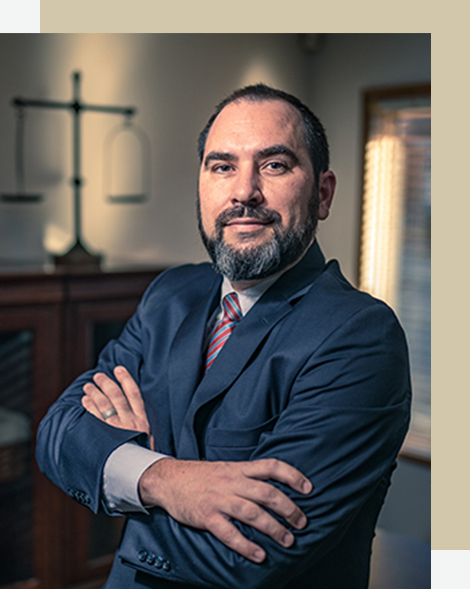Reckless driving is a common offense that can have devastating consequences for motorists, pedestrians, and passengers. This includes legal outcomes, serious injuries, and emotional suffering. If you were in an accident caused by a reckless driver, consult a car accident attorney to discuss your options.
State Laws and Penalties for Reckless Driving
Reckless driving laws and penalties vary significantly depending on the jurisdiction where the offense occurs. Reckless driving is usually a misdemeanor but prosecutors can charge it as a felony if it involves injury or death. Some common penalties for reckless driving convictions include monetary fines, license suspension or revocation, and imprisonment. Fines can range from a few hundred to several thousand dollars, depending on the severity of the case and the jurisdiction. License suspensions or revocations may last from a few months to several years. In some cases, drivers must attend driving safety courses before they can have their licenses reinstated. Imprisonment for reckless driving typically occurs in the most severe cases.Elements of Reckless Driving
Typically, authorities must establish three primary elements to hold a driver liable for reckless driving. These include the operation of a motor vehicle, willful or wanton disregard for safety, and potential or actual harm or damage caused by the driver's actions. The first element is straightforward—a person must be operating a motor vehicle. This includes cars, trucks, motorcycles, or other vehicles designed for roadway use. The second element involves a driver's deliberate or reckless disregard for the safety of others or property. This may include excessive speeding, tailgating, or weaving in and out of traffic. The key factor is that the driver must have acted with conscious disregard for the potential risks involved, regardless of whether they intended to cause harm. Finally, to establish reckless driving, there must be evidence that the driver's actions presented a substantial risk of harm or damage to individuals or property, even if no harm or damage occurred. Where harm or damage occurred, the reckless driver may face additional liability for the resulting injuries, fatalities, or property damage.Examples of Reckless Driving Behaviors
Reckless driving manifests itself in various ways. Some common examples include:- Excessive speeding: Reckless driving may include traveling at speeds above the posted limits or is dangerous for current traffic or weather conditions, as it increases the risk of losing control of the vehicle and causing an accident.
- Tailgating: Following too closely behind another vehicle, or tailgating, increases the risk of rear-end collisions and other types of accidents.
- Weaving in and out of traffic: Rapidly switching lanes and cutting off other vehicles, often without using proper signals, can result in a collision with other motorists.
- Running red lights or stop signs: Failing to obey traffic signals or signs poses a significant risk to pedestrians and other vehicles.
- Racing other vehicles: Racing other vehicles is dangerous and puts other road users at risk.
Criminal vs. Civil Penalties for Reckless Driving
Reckless driving cases may involve both criminal charges and civil lawsuits. It is important to understand the difference between the two, and how they may impact the compensation a victim may receive.Criminal Cases
In a criminal reckless driving case, the state prosecutes the driver for violating the law. If found guilty, the driver may face penalties such as fines, license suspension, imprisonment, or a combination of all three. A criminal conviction, however, does not automatically provide compensation for the victim. They must still pursue a civil claim to seek damages for their injuries and losses.Civil Cases
The injured party or their representative initiates a civil lawsuit for reckless driving to seek compensation for the injuries and damage sustained in an accident. In a civil case, the burden of proof is lower than in a criminal case—the plaintiff must prove their case by a preponderance of the evidence rather than the beyond-a-reasonable doubt standard required in criminal cases. An experienced personal injury attorney can guide you through both the criminal and civil aspects of your reckless driving case and help you understand how each may impact your compensation. They provide legal aid to help you get the justice and compensation you deserve.Evidence in Reckless Driving Cases
The strength of your case in a reckless driving personal injury claim depends on the evidence presented. Your attorney gathers the relevant evidence to establish the reckless driver's fault and the extent of your injuries and damages. This may include:- Witness testimony: Statements from eyewitnesses may help prove the reckless driver's negligent behavior and corroborate your account of the accident.
- Police reports: These documents provide a detailed account of the accident, including any citations or charges filed against the reckless driver.
- Photographs and videos: Visual evidence of the accident scene, vehicle damage, and injuries can strengthen your case and demonstrate the impact of the accident on your life.
- Expert testimony: Medical experts, accident reconstruction specialists, and other professionals can provide valuable insights to support your claim.
Statute of Limitations for Reckless Driving Personal Injury Lawsuits
The statute of limitations is the time limit within which you must file a personal injury lawsuit. If you fail to file your lawsuit within the specified time limit, you may lose your right to seek compensation. The statute of limitations varies depending on the state where the reckless driving accident occurred. Some states set the time limit at only one year, while others give you six years or more. Most states give you two or three years to file a lawsuit.Importance of Legal Representation in Reckless Driving Cases

- Investigate the accident and collect crucial evidence to support your claim.
- Negotiate with insurance companies on your behalf, ensuring you receive a fair settlement.
- Represent you in court, if necessary, to advocate for the compensation you deserve.
- Help you understand your legal rights and guide you throughout the process.
